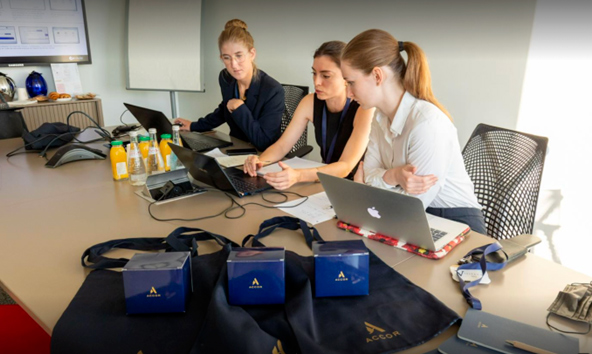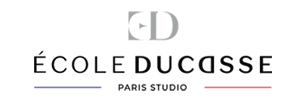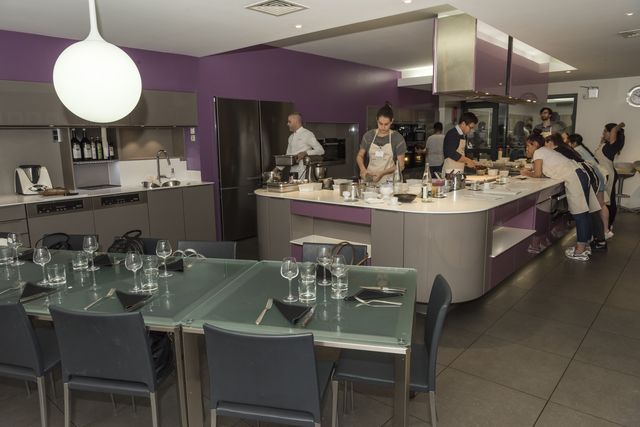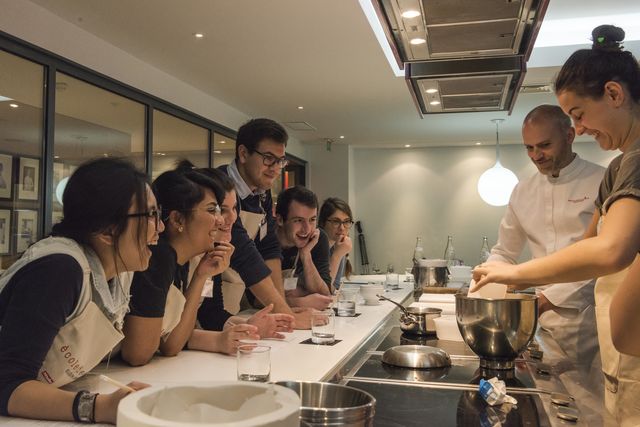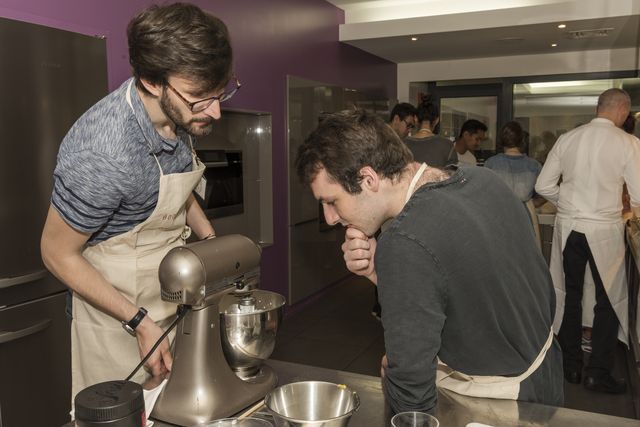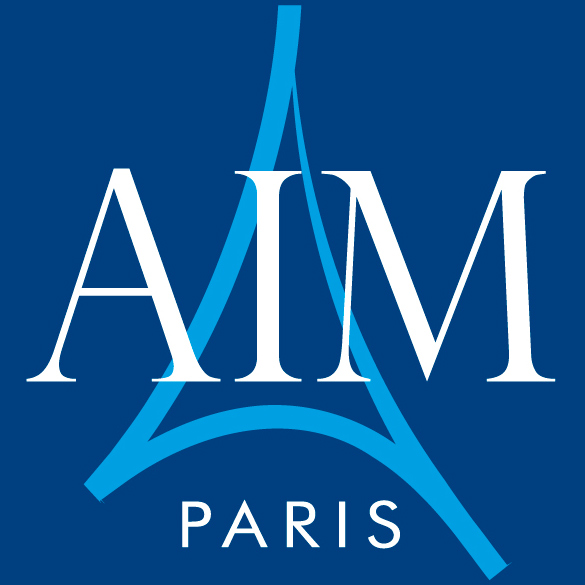Hospitality Pro MBA Program
Hospitality and Tourism Management
Prerequisite : Bachelor, Masters in all disciplines + at least 5 years of professional experience.
Duration of studies : 9 months (beginning of October – end of June).
Courses taught in English.
Start of the program : the 1st Monday of October.
French State recognition leading to AIM’s Bachelor degrees.
Holders are officially entitled by this recognition as:
Directeur d’établissement de luxe en hôtellerie internationale (RNCP-Niv. 7).
In other terms: Director for International Luxury Hotels.
State approved renewal process of recognition: June 28, 2024
By offering a comprehensive program, encompassing various aspects of hospitality management, this training ensures that participants are well prepared to meet the challenges of the dynamic and competitive hospitality sector.
With a focus on practical application and real-world scenarios, we provide a unique opportunity for professionals to further develop their expertise and advance their careers in the international hospitality field.
Over a period of 9 months (from October to June), participants acquire and master the managerial skills and knowledge required for management positions, particularly in the luxury hotel industry.
They also apply these techniques to any other company carrying out management and management of Human Resources, Team Supervision, Accounting, Finance, Cost Control and Analysis, Sales and Marketing, Purchasing/Supplies, …
Organization of studies over 9 months

Christmas vacation : 2 weeks in accordance with the Academy of Paris calendar
Winter vacation : 2 weeks in accordance with the Academy of Paris calendar
The timetable permits part-time work restricted to 20 hours weekly.
Team Work

Teamwork for real projects, with rigorous planning requiring in-depth knowledge, all provided during the program.
A solid international career
Language Lab
Thanks to the free membership to the CIUP Library provided by AIM, students have the opportunity to develop their skills in a foreign language of their choice from a catalog of more than 26 languages.
Language acquisition and development for 26 foreign languages
Located on the campus of the Cité Internationale Universitaire of Paris, the Espace Langues welcomes AIM students from Monday to Friday and provides excellent facilities for the acquisition of foreign languages with general conversation, business communication, grammar, written and oral expression and understanding, pronunciation and advanced levels.
The Languages Area provides instruction in :
French
English
Spanish
Italian
Portuguese
Turkish
Arabic
Hebrew
Chinese
Farsi
Urdu
Dutch
Japanese
Korean
Armenian
Hindi
Russian
Greek

Professional certifications
AIM benefits from a partnership with the AHLEI to provide certification that AIM’s courses meet the highest international standards in higher education.
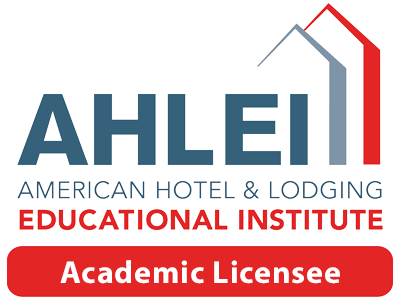
Professional Certifications
In International Hospitality Management
These internationally recognized professional certifications are accessible to all our students during their studies.
Particularly intended for professionals wishing to broaden their skills, they enable our students to accelerate access to jobs at international level depending on their profile.
An exclusive partnership in France between AIM and the American Hotel and Lodging Educational Institute (AHLEI).
The AHLEI is internationally recognized for its consultancy services and implementation of the best management tools in major international hotel chains.
To cite just one, the Uniform System of Accounts for Hotels, an accounting system for the hotel industry that it designed and published, is used by all major establishments, both in France and internationally.
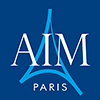


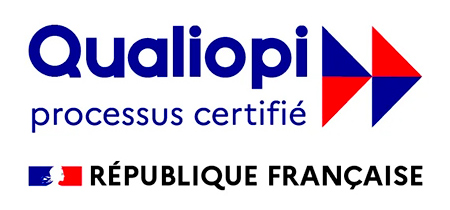
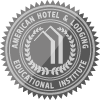
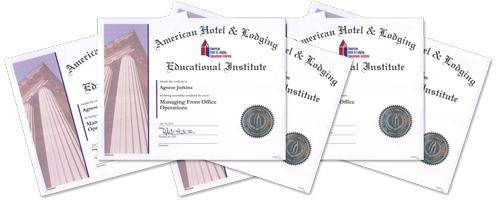
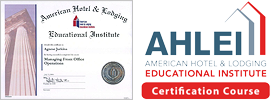
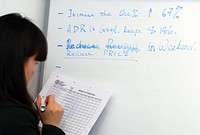

 This course is designed to provide students with a solid background in hospitality sales and marketing. The main focus is on practical sales techniques for selling to targeted markets.
This course is designed to provide students with a solid background in hospitality sales and marketing. The main focus is on practical sales techniques for selling to targeted markets.



